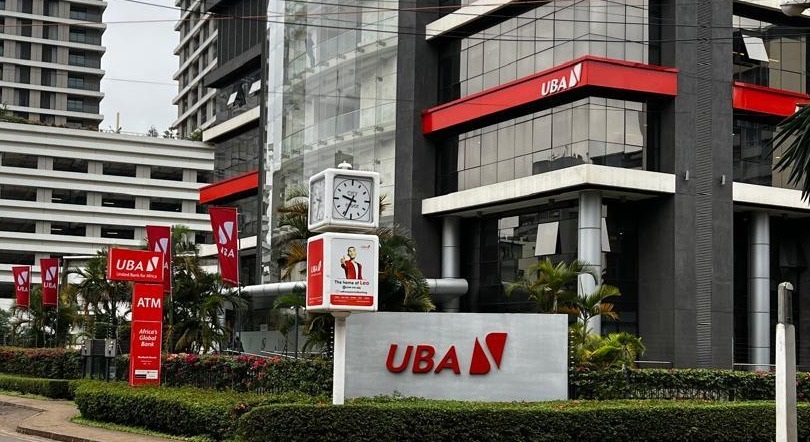We need money for virtually everything. We need money for food, clothing, medication, vacation, and investment, to give our loved ones a befitting send-off among other needs. There is nothing that money cannot do. The only thing that money cannot buy is life, but it plays a role in prolonging it.
Some say that money cannot buy happiness, and some say that those who say so, have not tested the power of money. And that is the truth. Everything from food to fuel can be purchased only with money. It can buy comforts and luxuries, thus helping one to lead a good life. One can also make more money with the help of the money one already has by investing it smartly.
Money is precious, and it is scarce too. As much as we all need money, sometimes it is not easy to get hold of it. It needs one to look for it through thick and thin. Those who are employed, get hold of money through their monthly salaries, but with the skyrocketing inflation rate, the value of money has been going down.
To make money, sometimes someone needs money and the only way to make more money is to invest. But as already indicated, it is not easy to find money to invest unless one finds someone or an institution to finance them through credit. With the high cost of doing business in Kenya, one needs lots of money to set up a business.
About 90 percent of businesses in Kenya are micro, small, and medium enterprises (MSMEs). They employ about 86 percent of the country’s population and contribute about 45 percent to the country’s gross domestic product. But many of them have been shutting down over the years leaving owners devastated with nowhere to turn.
Statistics from the Kenya National Bureau of Statistics (KNBS) indicated that in Kenya, at least 450,000 MSMEs die every year, leaving millions of Kenyans without jobs and a source of income. This has led to Kenya’s unemployment rate being the highest in the East African region.
One of the major reasons that have been quoted as the cause of so many MSMEs closing down in the country is access to credit. Experts within the sector say that most commercial banks are often reluctant to lend to MSMEs leading to thousands of them being locked out.
This means that if loans are readily available and affordable for MSMEs in Kenya, the majority of them would survive and millions of Kenyans would still have their jobs. It is, therefore, prudent, to say that for the 90 percent of woes facing MSMEs in Kenya, loans are their ideal and only solution. Therefore, for problems facing businesses, loans are the real solution.
Health is expensive in Kenya. With the low insurance penetration levels, only a few Kenyans have insurance coverage when it comes to health. Millions of them pay using cash and the expenses have often left the majority of them poor and devasted. The only remedy for the majority of them has been securing a loan from a bank or an overdraft from their banker. This has saved many from depression and other stresses of having to look for money.
Advantages of taking a loan
The loan is not repayable on demand and so available for the term of the loan – generally three to ten years – unless you breach the loan conditions. This gives one cash and a good time to repay the same.
Loans can be tied to the lifetime of the equipment or other assets you’re borrowing the money to pay for. Some lenders give loans and take whatever the cash is used to buy or finance as security.
At the beginning of the term of the loan, you may be able to negotiate a repayment holiday, meaning that you only pay interest for a certain amount of time while repayments on the capital are frozen.
While you must pay interest on your loan, you do not have to give the lender a percentage of your profits or a share in your company.
Interest rates may be fixed for the term so you will know the level of repayments throughout the life of the loan. There may be an arrangement fee that is paid at the start of the loan but not throughout its life. If it is an on-demand loan, an annual renewal fee may be payable.
Disadvantages of taking a loan
Larger loans will have certain terms and conditions or covenants that you must adhere to, such as the provision of quarterly management information. At the same time, loans are not very flexible – you could be paying interest on funds you’re not using.
You could have trouble making monthly repayments if your customers don’t pay you promptly, causing cashflow problems.
In some cases, loans are secured against the assets of the business or your possessions, eg your home. The interest rates for secured loans may be lower than for unsecured ones, but your assets or home could be at risk if you cannot make the repayments.
There may be a charge if you want to repay the loan before the end of the loan term, particularly if the interest rate on the loan is fixed.
Is a loan the real solution to your problems?
The answer is both yes and no. It is yes because we all need money to invest and finish various projects and the only way to get money is through a loan. It is not for those who take loans without a plan. Take a loan if you are sure that you are able and capable of paying it back.
To discuss more, please join UBA Kenya Bank’s Business Series kicking off this Thursday at 4 pm, live on Facebook and YouTube.












